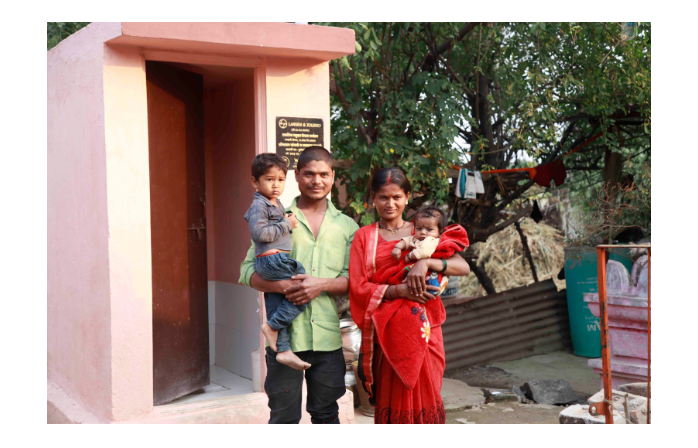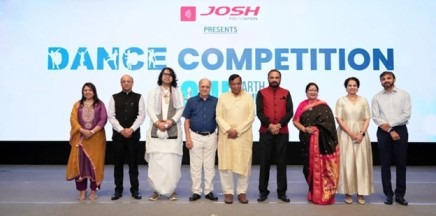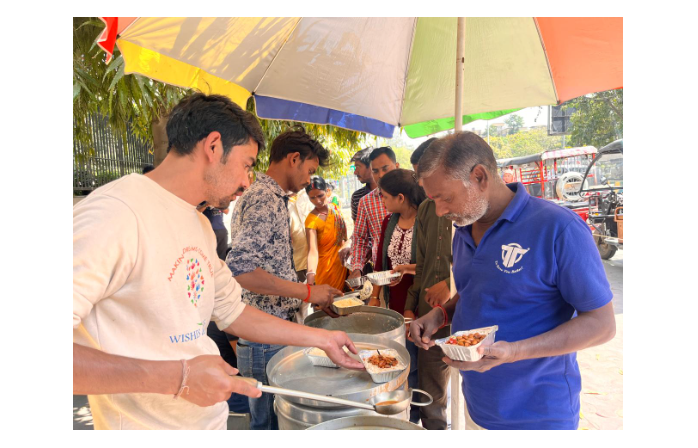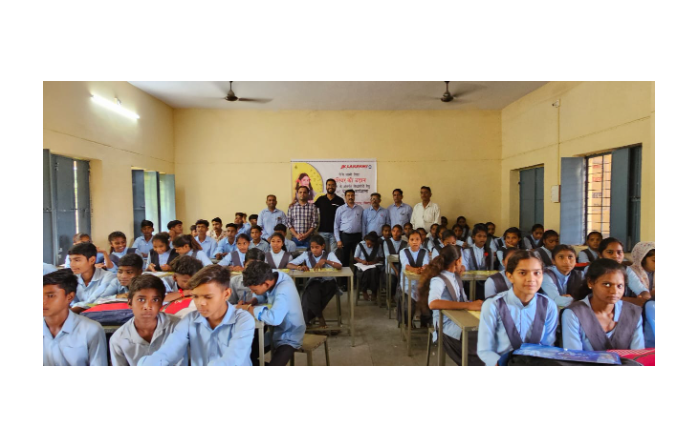NGO Makes Railway Stations Accessible and Blind-Friendly
September 24, 2022
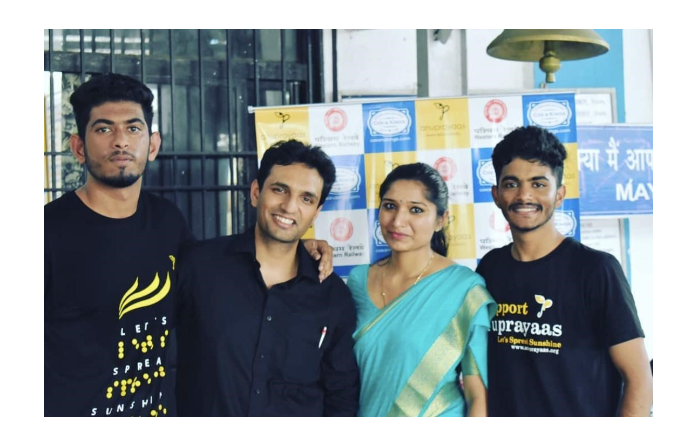
Anuprayaas
It is safe to say that accessibility benefits all members of society including people with disabilities. Improving accessibility brings about increased quality of life; creates more independence and better social integration. It also leads to better health and can result in cost savings in several areas.
Improved accessibility gives people with disabilities the opportunity for independent living within the community thus leading to lower demands for special services, therefore, bringing economic benefits to all members of society.
Transportation is a vital component of independent living. The term transportation covers several areas including air travel, buses, taxis, and trains. Inaccessible transportation restricts mobility and denies freedom of movement and active participation, for much of the population who may need accessible transportation.
According to the last 2001 Census, nearly 22 million people in India are disabled, including 10.6 million blind persons. However, in 2018, the Department of Empowerment of Persons with Disabilities (DEPwD) reported that only 3% of public spaces in India are accessible to the disabled.
Most of the passengers with disabilities experience barriers to travel when using trains. A lack of accessible toilets in carriages, being unable to use ticket machines and antisocial behavior are among some of the issues faced by respondents while visiting the railway station.
Because of issues such as inaccessible stations and the lack of priority seating on trains, many passengers with disabilities also have to meticulously plan journeys. This includes taking measures like traveling at off-peak traffic hours, booking ahead and ensuring they left enough time to allow for unplanned events.
Arriving at a solution
Understanding these issues faced by passengers with disabilities, a Bengaluru-based NGO named Anuprayaas is providing solutions in public places, speciï¬cally at Railway Stations for the visually impaired. This enables them to commute easily without the need to rely on help from strangers.
Since its inception in 2014, Anuprayaas has helped convert Mumbai's Borivali station, Bengaluru's KRS station, the Mysore-Varanasi Express, and a blind school in Mysore, into blind-friendly, while also educating people on accessibility and inclusion.
In 2015, Pancham Cajla, the founder of the NGO received a distressing call from his friend who was visually impaired. His friend was supposed to board a train which he missed because the platform was changed and he was unaware of it. Despite reaching three hours before the train, there was no way that he could learn about the platform change.
This triggered Pacham to start an initiative. He headed straight to the Divisional Railway Manager (DRM) of Mysore railway station to propose his idea of making the railway station blind-friendly.

Though he had no idea of executing the plan, the DRM agreed to support us. The NGO visited several schools for the blind and NGOs to understand their requirements. Some of the issues they identified were a lack of navigation facilities, uneven flooring, and the absence of ramps in public spaces including railway stations.
Implementation of the initiative
The NGO raised money via crowdfunding which was later refunded by the government and kicked off the project. They hired experts from various fields including architects, researchers and Anuprayaas volunteers.
They worked in unison to make the Mysore Railway Station accessible for the blind and the renovation was completed in November 2015

Some of the additions include:
Furthermore, they went to implement the same across various railway stations in India.
Besides making the stations blind-friendly, the NGO also conducts awareness sessions in schools, corporates and public offices to sensitize people.
Source

Roshini Muthukumar, a native of Chennai, started her career as a content writer but made a switch to journalism to pursue her passion. She has experience writing about human interest stories, innovative technology, entrepreneurs, research blogs, and more. Previously, Roshini has done internships with The Hindu, Metroplus and worked as a correspondent with The Better India.
© Renalysis Consultants Pvt Ltd



.jpg)

